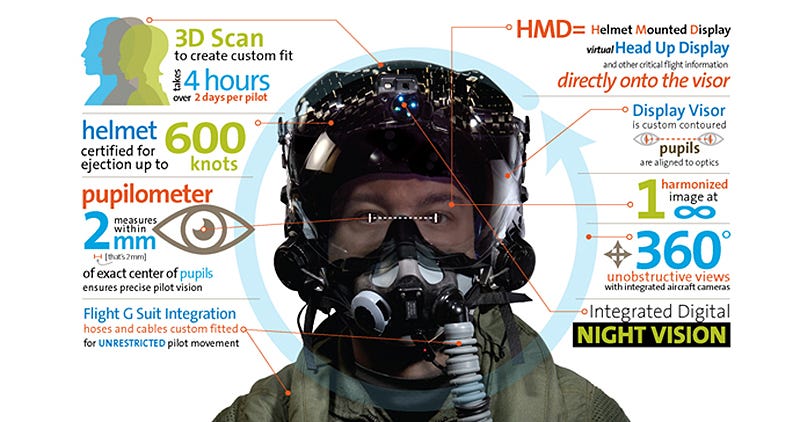A Train pulls up at the station and the passengers walk on board.
Without little attention the passenger is seated and gets comfortable as
possible, Snoring passengers and crying children take little notice for the new
passenger. Only the passenger then squirms about a little and thinks about the
Train fare and wishing for a private compartment. It doesn’t matter what train
maker or car builder represents the system this is the only way from here to there.
The $99 fare for the next ten hours is more of an adventure
than a vacation. The Train is an immovable market object because it is what it
is, an immovable market object going down the track whether or not it competes.
Airplanes are not much different than the train example. The
passenger becomes a fixed object and the airplane becomes the variable item on
a quest to make money. If it takes narrower seats or less pitch to make money
so be it, the fixed passenger won’t change the dynamic unless something else
happens where money can be made. That is the essence of free market evolution in the 21st century.
The airline industry is entering a period of more space for
its passengers with less room used on the aircraft. Eventually the scientist are projecting a standing passenger rather than a seated passenger giving the traveler
more room. Putting on a $400,000 helmet gives the passenger the universe through its
thoughts and eye motions. The body is packed snugly in rows upon row of other
bodies hooked up to that helmet.



Economy Plus Cabin Sans Helmet
In fact the airlines will advertise the best helmets showing
tropical flora and fauna while sending scents of pineapple to a passengers
sensory organs. It may also induce sleep for an extra charge, even if landing in Alaska on a Pineapple express.
Additionally, the
premium economy position supports the passenger with nine vertical positions.
The business class has a hard sided container making it more than just an economy body
bag. First class brags of lie flat vertical incline of 45 degrees. They even get a
wake-up call before landing. Restrooms or sanitary stations summons a flight
attendant coming from a “seat” passenger's helmet by looking at the Icon for such
service longer than five seconds. Then the flight attendant will move you and your
flight bag out to the center aisle as if you are a hanging side of beef on a
meat hook.
Passengers wonder where the word "seat" comes from since the
tradition of posing like the letter K was mentioned in ancient history has long
been an abandoned custom of travelers.
Why is this so and what happened to the traveler?
"The airlines drove the airplane maker to this and it comes from corporate profit margins just for its owners, the stock holders,” exclaims the Steward of Airline services standing at the boarding counter.
"The airlines drove the airplane maker to this and it comes from corporate profit margins just for its owners, the stock holders,” exclaims the Steward of Airline services standing at the boarding counter.
“It’s all for the passenger’s pleasure and safety after-all”,
trumpets the sign over the exit.
Upon hearing this, I googled "flight bag" and it gave the answer
in clear terms, “The passenger space found on an airline wrapped in a bag, box
or placed on a slanted board”.
Sounds reasonable as I studied further on the laws of supply
and demand. Demand drives the market and supply drives demand. Not being
confused I went back to the train station analogy and saw the wisdom of trains
are trains in spite of a $99 fare.
The rails are so wide and the engine so big.
Crossings are crossings and passengers demand its square foot of room as stated
in the Constitution of Travel. This is also known as COT as a place guaranteed even on safari.
Therefore, the laws of supply and demand starts with the airline
demands in order to make money and its ability to convince customers they are
getting a good deal from flying 17 hours straight through using a flight bag containing a 400K entertainment helmet. Don’t forget the 9 position vertical sling found in
economy. The customer asks about economy plus and the flight steward replies, “Don’t
get me started go back to your flight bag”.
Market forces are in play where the profit demands an ample
supply of revenue centers. This all explained in the college level economics
class. The passenger is just a place holder after-all. The course work refers
to place holders in Economical-Accounting 404 during the senior year of school.
Passengers are more of an unavoidable factor when an airline seeks its profits.
It demands an ample supply of profits in spite of its customer’s desire for a
relaxing trip at an affordable “seat” in premium economy.
Even though a
passenger can’t afford a business class box it expects relief in economy. After-all,
after thirty seconds staring at the boy/girl icon in the corner of the 400K helmet
visor a customer expects a flight attendant to release them out of the flight
bag to do some of its business next to business class.
All of this is because of train travel, so don’t blame the
airlines, blame the steam engine.





